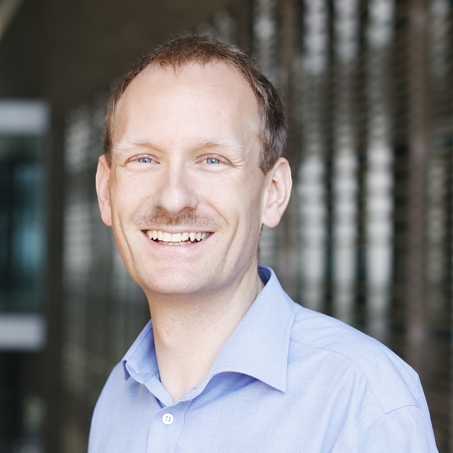JOINT SEMINAR WITH INTERDISCIPLINARY RESEARCH CENTER FOR INTELLIGENT SECURE SYSTEMS
Exciton Dissociation by Topological Edge States
 | Speaker: Dr. Udo Schwingenschlögl Professor, Applied Physics; Associate Dean, Faculty, Physical Sciences and Engineering. KAUST Date: Tuesday, 29 April 2025 Time: 02:00 p.m. Location: Bldg. 6/Room 125 |
Abstract:
Exciton dissociation by edge states can enhance the power conversion efficiency of solar cells. To evaluate the potential of this mechanism for carbon nanotubes as absorber material, we show that the topology of carbon nanotubes can be characterized by winding numbers related to the orbital angular momentum. The tight-binding Hamiltonian of any carbon nanotube with CN symmetry can be represented by N tight-binding Hamiltonians of decoupled molecular chains, for which a pseudospin formulation, characterized by specific paths in a two-dimensional auxiliary space, is developed. The quantum phases are given by the N winding numbers of these paths. The paths rotate in the auxiliary space when a magnetic field of varying strength is applied along the carbon nanotube, which gives rise to quantum phase transitions.
Biography:
Dr. Udo Schwingenschlögl is a Professor of Applied Physics at King Abdullah University of Science and Technology (KAUST). Prior to joining KAUST in 2009, he worked at the International Center of Condensed Matter Physics in Brasilia, Brazil, and the University of Augsburg, Germany. His research interests in condensed matter physics and first-principles materials modeling focus on 2D materials, interface and defect physics, correlated materials, thermoelectric materials, metal-ion batteries, nanoparticles, and quantum transport.
All faculty, researchers and students are invited to attend.
-
6/125
-
29 Apr, 2025
-
02:00 PM - 03:00 PM